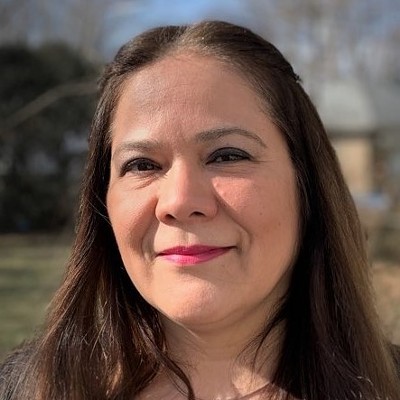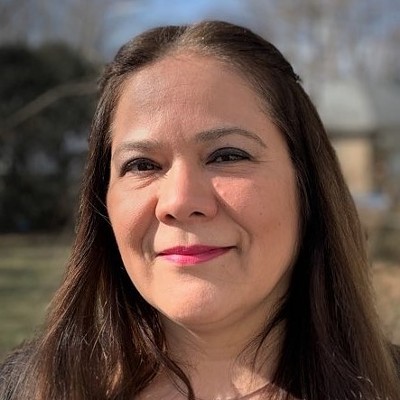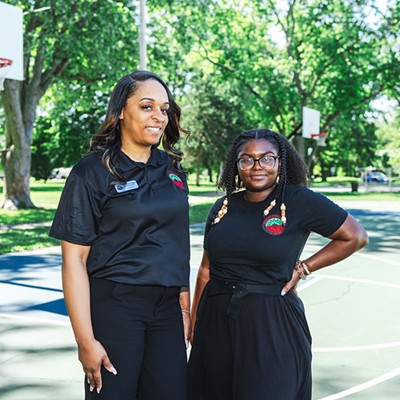The Sangamon County Republican Party recently invited Tom Homan to speak at the May 9 Lincoln Day dinner. Homan was President Donald Trump’s acting Immigration and Customs Enforcement secretary when Attorney General Jeff Sessions announced the start of the “zero-tolerance” policy allowing for the separation of children, including those from families lawfully seeking asylum. It is a policy whose renewal has been floated as possible once again by now-candidate Trump, despite a federal court ruling that it violated federal law.
In a Reuters article from November, Homan said he instead now favored a "less chaotic” policy of keeping families together in detention. But his policy wasn’t about chaos. It was about cruelty.
At least 5,000 families had their children torn from them at the southern border. Some were infants, many were too young to know their parents’ names or where they had come from. Thanks to litigation filed by the American Civil Liberties Union, the federal government was ordered in June 2018 to reunify these families within 30 days. The administration at the time declined to track them down, so the ACLU said it would do it.
The ACLU found that there was no system in place to track the children.
The three different agencies involved in taking them into custody, detaining the families, and taking the children had established no way to track or link the parents to their children – not even a phone number. As one advocate noted, airlines go to greater lengths to handle our luggage.
It took two months to get what information the federal government had - some phone numbers or incomplete addresses of parents, most of whom had already been deported. Most of the parents had been deported to some of the most violent, unstable parts of the world. Some had sold their homes or their land to finance their journey north or buy safety upon return. Others who had fled extortion and gang violence went into hiding. Some have been murdered. Others have vanished. Some were found and felt forced into making the horrific decision to remain separated if it could give their children a better chance without them in the U.S.
Finally, under a new administration in January 2021, greater reunification efforts began and families that could be found could return to the U.S., and receive medical and mental health care, legal support and housing assistance. But out of more than 5,000 children separated from their parents, as many as 2,000 still haven’t been reunited. These children are lost in the labyrinth of the U.S. foster care and adoption system. As time passed and these efforts were made, thousands more children were found to have been separated but not previously reported.
After some three or more years of separation, some reunifications have occurred. They are described as sometimes joyful and also filled with pain and anger, with children confused, scared, furious or just expressionless. Many of these families have not been among the ones designated in litigation to receive help and are living here in poverty and homelessness. The trauma that these parents, caregivers and children have suffered is horrific, pervasive, and, in many cases, not addressed or treated.
Despite extraordinary efforts by advocates, a full accounting is likely never going to be possible. There is no redress for the harm done to these children and families. Even those families who are together again will never be whole.
We as a country must organize efforts to repair the harm suffered by children and families. Much more needs to be done. And we must vow to never ever again adopt a public policy that is marked not just by chaos, but by unspeakable, unrepairable cruelty. Never again.
Veronica Espina is the founder and president of the Springfield Immigrant Advocacy Network.





















